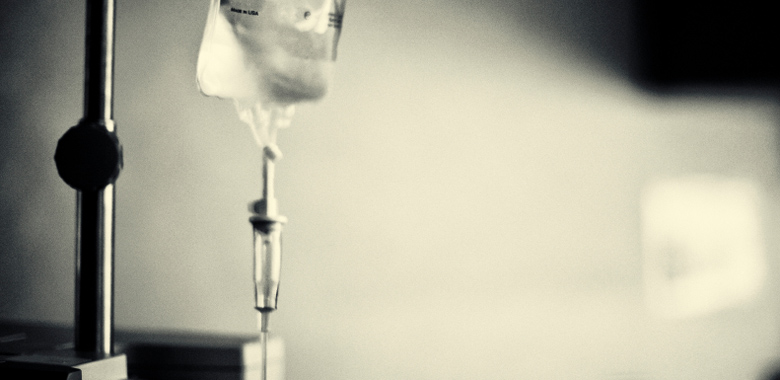
There are three kinds of anaesthetic and these are general, local, and regional. Depending on what procedure you will be undergoing, will determine what sort of anaesthetic you will need.
General anaesthetic will cause you to become unconscious and lose sensation. It is commonly used for many surgical procedures where lack of consciousness is beneficial to allow the surgery to take place.
Before your procedure an anaesthetist will visit you to determine whether you are fit enough for surgery, as well as explain the process of administration. You may have to explain your medical history and current lifestyle choices such as any prescription drugs you may be on. You will also be asked about cigarettes and alcohol.
It can be given in a number of ways either by injecting the anaesthetic into the veins, inhalation through a gas mask or sometimes these methods will be used simultaneously.
After waking from the general anaesthetic it is possible you may have side effects like vomiting, disorientation, shivering/chills, and a sore throat. Your doctor or anaesthetist will give you directions to follow and it’s important that you follow these.
Some general rules to follow include:
• Don’t drive home or within 24 hours as your coordination may be affected.
• Rest a lot at home because it may take several days before you feel normal again.
• Eat well and get plenty of fluids.
• Ask your doctor if it’s safe to take other medications you may be on.
Some rare risks correlated with general anaesthetic include – allergic reaction, damage to vocal chords or larynx, breathing problems, heart attack, stroke, brain damage, paralysation, kidney failure, liver failure, and short term nerve damage.
With most medical procedures there are risks involved but with advancements in medical science these risks have diminished over time and general anaesthetic has become a widely used and necessary procedure to accompany surgery or surgical procedures.
Comments are closed.